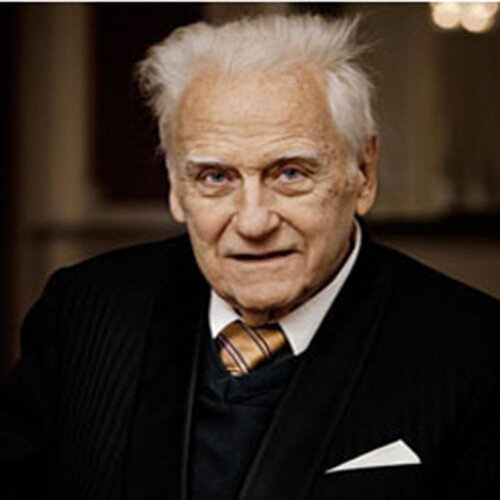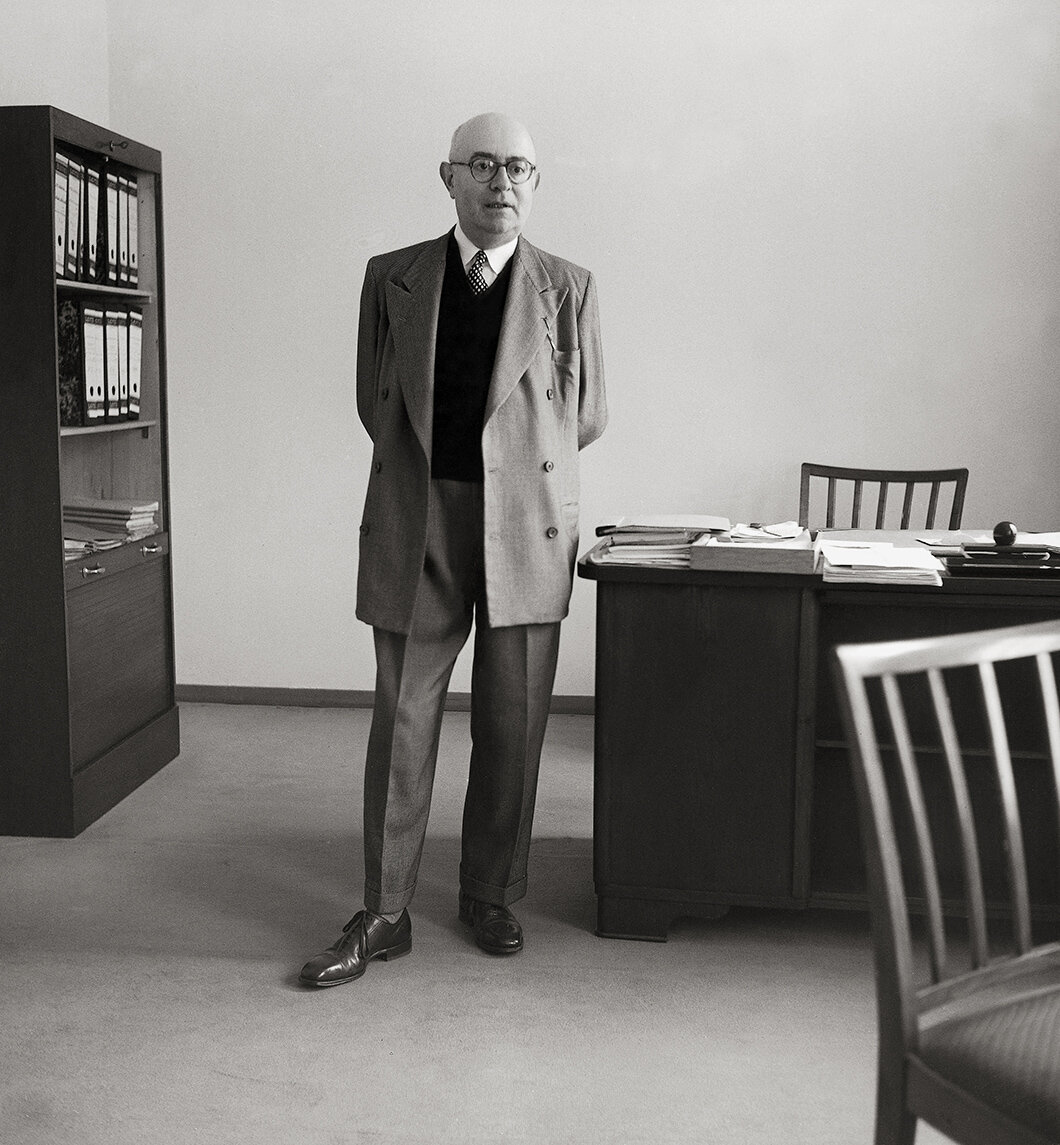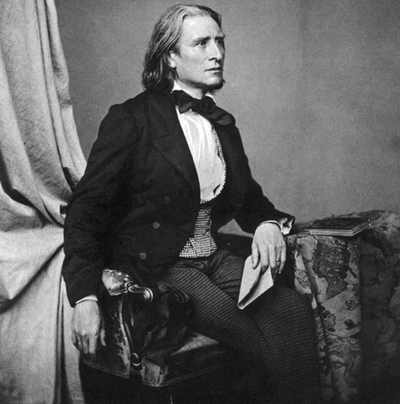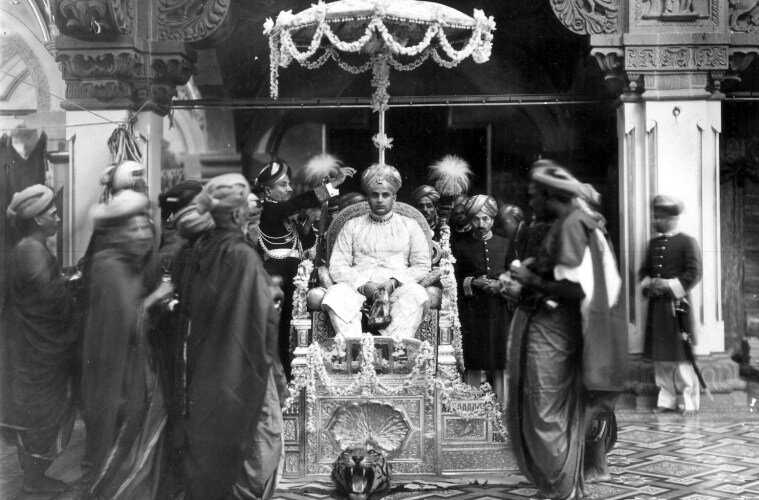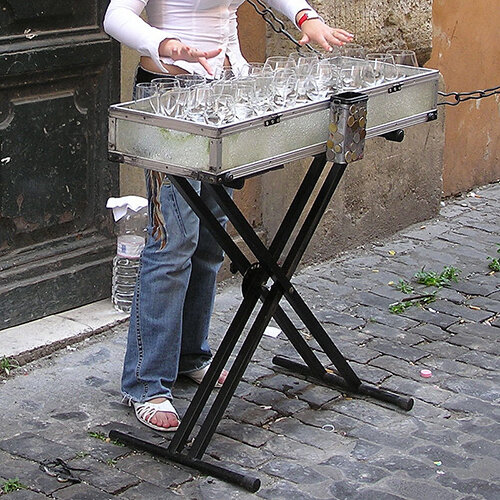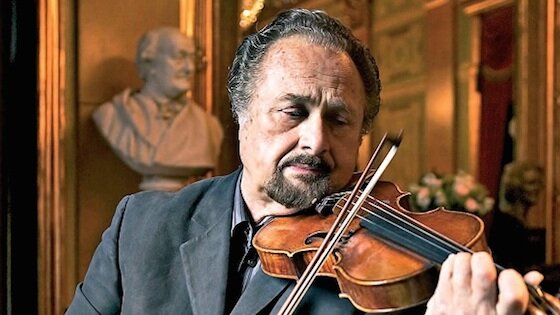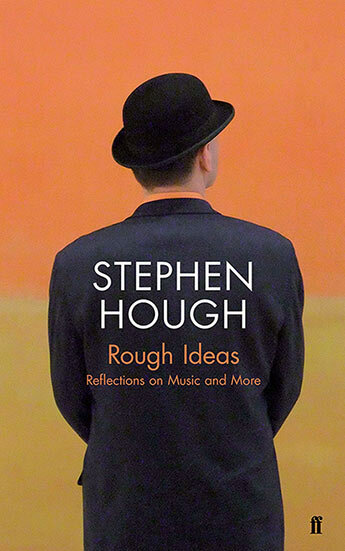It was on a day in April—it was actually the 17th of April—when someone told me that Jörg Demus had passed away. In the Internet era, news spreads like wildfire. But the source of all this commotion came from Wikipedia,
Blogs
Some consider him one of the most important philosophers and social critics in Germany after World War II, while others declare him to be “preposterously over-rated.” Whatever the case may be, Theodor Wiesengrund Adorno (1903-1969) was a leading member of
Liszt’s B-minor piano sonata is regarded by many as his ultimate masterpiece and it ranks alongside other “greats” in the pantheon of piano repertoire. This was not always the case, however, and in the nineteenth century it was met with
Nikhil Sardana explores the strangely uncelebrated story of an Indian maharaja’s invaluable contribution to Western classical music. The year was 1948. Europe was limping back to normalcy after seven terrible years of a world war. Richard Strauss had managed to
You’d never suspect that in a lovely suburb in Atlanta, in a home surrounded by statuesque trees and a pond full of raucous frogs, young people ages 8-18 are playing chamber music at an amazing level. Founded by long-time Atlanta
Humans have been inventing musical instruments since day two: day one we were busy toiling. A lot of these musical inventions are crossovers, like the Harp-Guitar, but some are straight out of the weirdest and wackiest imaginations on earth —
Recently, we lost a virtuoso violinist, Aaron Rosand—one of the last of a generation of exceptional violinists, which included Jascha Heifetz, Nathan Milstein, Yehudi Menuhin, Isaac Stern, David Oistrakh, Ida Haendel and others. Rosand had a brilliant performing career, which
The title is a play on his name and the collection of essays in this satisfyingly chunky volume were often “roughed out” by Stephen Hough while travelling between concert engagements, If you think the life of the international concert pianist

